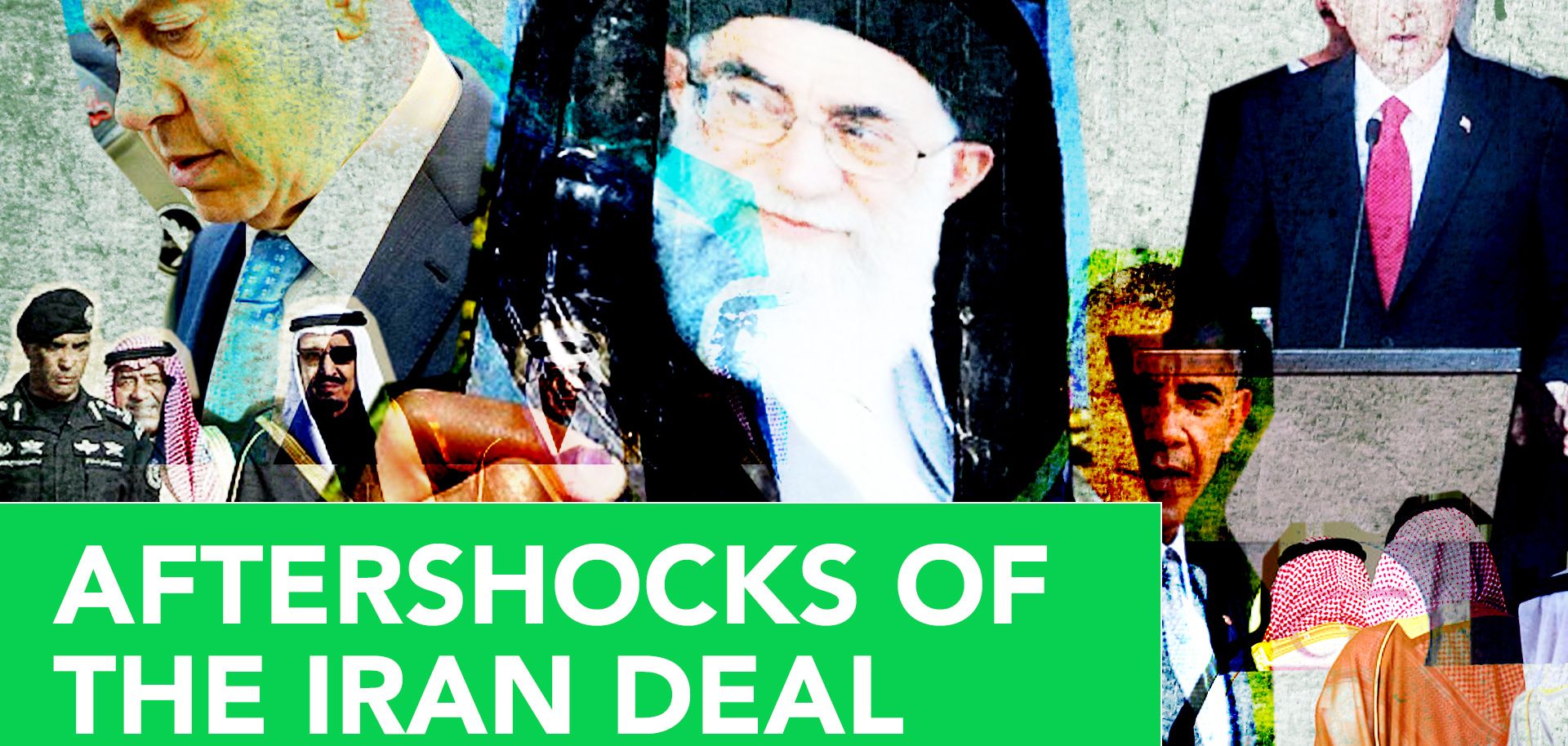ASSESSMENTS
How the U.S.-Iranian Pact Affects Israel
Aug 3, 2015 | 09:45 GMT

Summary
Editor's Note: This is the second installment of an occasional series on the evolving fortunes of the Middle East that Stratfor will be building upon periodically.
The U.S.-Israeli relationship was forged in the crucible of the Cold War, when Israel functioned as a meaningful counterweight to Soviet ambitions in the Middle East. The Iran nuclear deal is not so much an existential threat to Israel as it is a development that burdens it to act and to help shape the region the way the United States desires. Israel may often be forced to the front lines in the coming years, whether as a result of Iran striking via proxies such as Hezbollah or whether by becoming an appealing secondary target for the Islamic State and other jihadist groups. It will also find itself in strange alliances, such as partnering with the Saudis against Iran, with Hamas and Egypt against the Islamic State, and simultaneously with Turkey and various Kurdish factions.
Nevertheless, the U.S.-Israeli relationship will endure. Although this relationship will not be the cushy arrangement it was during U.S. President George W. Bush's administration, Israel will still be important to the U.S. strategy of creating a balance of power in the Middle East.
Subscribe Now
SubscribeAlready have an account?
